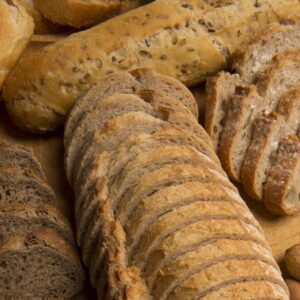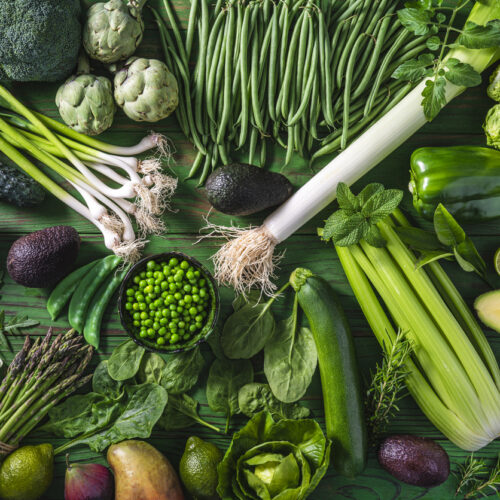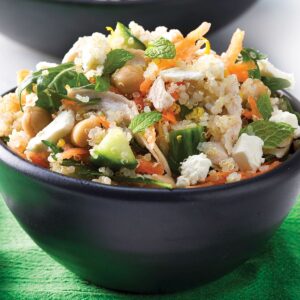
As research advances, we’re becoming increasingly aware of the relationship between our diet, gut micobiome, inflammation and health. Something that’s not often considered is how weight loss diets could affect your gut bacteria and gut health.
Among the most popular weight loss diets over the past few years have been various types of low-carbohydrate diets. While these diets lead to initial weight loss, we know that – like with all diets – it is rarely maintained long term. We also know dieting, in general, can lead to slowed metabolism, loss of muscle mass and disordered and binge eating. But what about their effects on gut health?
Diets that cut out or severely reduce carbohydrates also have the effect of minimising dietary variety. Fruit, certain types of vegetables and legumes are often cut out or reduced from the diet, as are whole grains. While a very low carbohydrate diet can contain enough fibre, it’s more difficult to achieve and is from a narrower range of food groups. How might this affect our gut health?
First, it’s useful to understand the three different types of dietary fibre: soluble fibre, insoluble fibre and resistant starch. It’s recommended we get 25g-30g of fibre a day.
Soluble fibre slows carbohydrate digestion (lowering the glycemic index of a food) and can help reduce cholesterol re-absorption. Soluble fibre is largely fermented by the bacteria in our colon and this makes many foods high in soluble fibre prebiotics. Prebiotics provide a source of fuel for our gut bacteria, thereby helping keep a good balance of bacteria. Soluble fibre is found in legumes, oats and barley and fruit and vegetables.
Insoluble fibre helps move food through the digestive system and provides ‘bulk’ to help with bowel movements. This type of fibre is found mainly in wheat bran, brown rice and wholegrain cereals and breads. It’s also found in some vegetables.
The third type of fibre is resistant starch. Resistant starch is thought to be the ‘gold star’ for fuel for our gut bacteria. It’s found in legumes, unripe bananas and cooked and cooled pasta, rice or whole grains.
The process of fermentation by bacteria in the colon produces short-chain fatty acids, which are key for the health of the cells in our gut.
It’s possible that a very-low-carb diet can provide enough fibre to meet requirements through non-starchy vegetables and seeds/nuts, but it’s more difficult and this type of diet is likely to be lower in resistant starch. We don’t yet know what implications this may have.
While there’s still much to learn about the role of gut bacteria in health, we do know variety and plenty of plant-based foods are two key dietary factors in supporting a healthy balance of gut bacteria. That means aiming to include a range of vegetables, fruits, whole grains and legumes.
This is another important factor to take into account when thinking about what style of eating may be the best for health, instead of a focus on weight.
www.healthyfood.com










